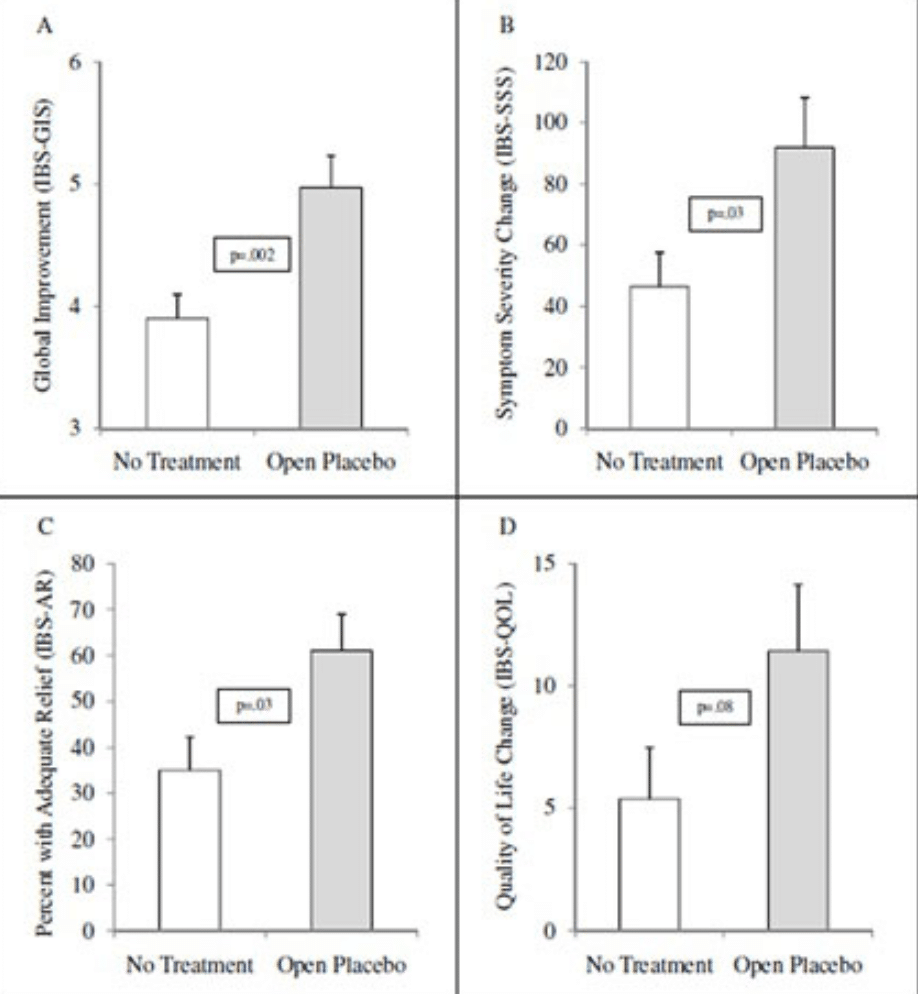What is IBS?
Irritable Bowel Syndrome (IBS) is characterized by chronic abdominal pain and altered bowel habits. There may also be nausea, vomiting, constipation, and/or diarrhea. The pain is sometimes made worse by eating or stress. It is often better after a bowel movement.
All diagnostic tests are negative, including blood tests, ultrasound, endoscopy, and colonoscopy. In addition, all radiographic studies are negative, including CT scans and x-ray studies. Additional tests may be ordered and these, too, will turn out to have normal results.
It is important to realize that even though the test results are negative, the pain and other symptoms are is still quite real. Medical Hhypnosis is a very powerful tool for pain the symptoms of IBS. And cognitive behavioral therapy, or CBT, has been shown to be the best treatment for anxiety.
As it happens, medical hypnosis and CBT have been proven, by evidence-based research, to be the most effective treatments for patients with IBS. And, I incorporate both of these modalities when I treat my patients. Again, I treat patients of all ages with this problem, including children, adolescents, and adults.
IBS episodes can be similar to migraine headaches.
IBS patients may also experience an aura, similar to patients with migraine headaches. This is a sensation, a warning sign of some sort, that in 10 to 30 minutes, the migraine headache will occur. Often, their pain begins slowly and then escalates. If the pain starts slowly, that can be the equivalent of an aura. Patients who learn self-hypnosis can use the aura or beginning of the episode as a signal to use this technique to prevent it from occurring.
One of the most commonly used medications for IBS is amitriptyline, an antidepressant. Studies have shown repeatedly that this medication is no more effective than placebo for this problem.1

Hypnotherapy Offers Superior IBS Treatment
There has been a great deal of literature supporting the use of hypnotherapy for adults with IBS. Many studies have also proven its efficacy in children and adolescents. A pioneering study of children and adolescents with IBS and Functional Abdominal Pain (FAP) was done comparing hypnotherapy (HT) and standard medical therapy (SMT). The HT group did far better both short-term and long-term.2,3
Medical hypnosis can also help improve a patient’s vomiting, constipation, and/or diarrhea.
In addition to pain and gut motility, hypnosis and CBT can help associated features of both IBS and even Inflammatory Bowel Disease (IBD), including coping behaviors, stress, sleep, depression, anxiety, and wellness.4
An Unbelievable Study Demonstrates the Power of the Mind5
A study led by a group of researchers at Harvard revealed unbelievable findings! The study involved adults with IBS. In this 3-week study, the control group simply met with the gastroenterologist or nurse practitioner for 15 minutes, once a week. The placebo group were each given a bottle containing placebo pills, and were told the following:
1. This is a placebo. A placebo is an inert substance that contains no medication.
2. The placebo effect can be quite strong, like Pavlov’s experiments with the dogs.
3. Although not necessary, a positive attitude can be helpful.
4. You MUST take two pills in the morning and two pills at night.
NOTE THAT THE QUALITY OF LIFE IN THE PLACEBO GROUP IMPROVED BY TWICE AS MUCH AS THE STANDARD TREATMENT GROUP!

When I show my patients this study, I say, “Remember, these people knew that they were taking fake pills!” And then I ask them, “How do you explain these results?”
Most of the time, they reply, “I don’t know.” And that is fine.
It just goes to show you that the power of the mind is truly amazing!
There have been more studies on the use of placebo, including taking “imaginary pills.” Yes, you can imagine taking a pill and it can help with your symptoms, in some conditions, including DGBIs.6
References:
1. Bahar RJ, Collins BS, Steinmetz B, Ament ME. Double-blind placebo-controlled trial of amitriptyline for the treatment of irritable bowel syndrome in adolescents. J Pediatr. 2008;152(5):685-689.
2. Vlieger AM, Menko-Frankenhuis C, Wolfkamp SC, Tromp E, Benninga MA. Hypnotherapy for children with functional abdominal pain or irritable bowel syndrome: a randomized controlled trial. Gastroenterology. 2007;133(5):1430-1436.
3. Vlieger et al. Long-term follow-up of gut-directed hypnotherapy vs. standard care in children with functional abdominal pain or irritable bowel syndrome. Am J Gastroenterol. 2012 Apr; 107(4):627-31.
4. Keefer, L, presentation at the American Society of Clinical Hypnosis annual scientific meeting, 2013.
5. Kaptchuk et al. Placebos without Deception: A Randomized Controlled Trial in Irritable Bowel Syndrome. PLoS ONE | www.plosone.org, 1 December 2010, Volume 5, Issue 12, e155916. Etzel Cardeña (2023) “I would love to be ‘discredited’ like this more often”: An interview with Irving Kirsch, American Journal of Clinical Hypnosis, 65:3, 241-245, DOI: 10.1080/00029157.2022.2135904
Learn About Dr. Lazarus’ IBS + Gastrointestinal Issues Treatment
Dr. Lazarus has developed a new online home video-streamed program to provide patients and families the solution for irritable bowel syndrome, abdominal pain, and other digestive issues, and the anxiety that accompanies them. Based on medically proven, evidence-based research, this program combines medical hypnosis, cognitive behavioral therapy strategies, and powerful motivational tools for fast and long-lasting results.



